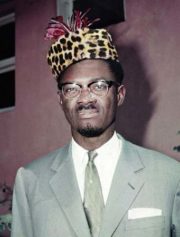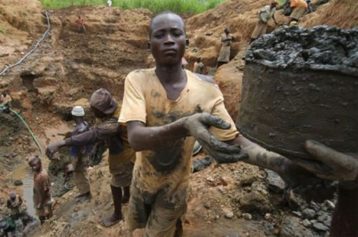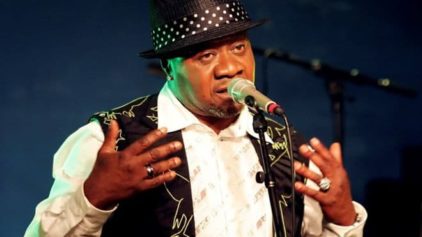An elite South African police unit foiled a coup attempt this week against the Congolese government by infiltrating the rebel group and pretending to help them acquire weapons. The rebels sought the overthrow of the leaders of the Democratic Republic of Congo, who have seen their share of unrest fighting the M23 insurgents.
The 19 Congolese rebels were charged yesterday in a South Africa court in Pretoria. The group tried to offer the undercover officers mining rights in the Congo in exchange for the cache of weapons. According to an American Embassy spokesman, the suspected leader of the group is James Kazongo, a naturalized American citizen from the Congo.
Prosecutor Shaun Abrahams said the rebels had been under surveillance since September, based on a tip that this small wing of the rebel militia called the Union of Nationalists for Renewal (UNR) wanted to overthrow the DRC.
“To enable them to achieve this, they required large quantities of arms and ammunition and specialized military training,” Abrahams told the court. “They did not have access to finances but would pay with mining concessions in the DRC.”
He said they emailed a “wish list” to undercover officers, asking for satellite phones, cash, weapons and ammunition, including 5,000 AK-47 assault rifles, 1,000 grenades and a quantity of missiles.
The undercover policeman met Kazongo, who they said was trying to recruit mercenaries, and Kazongo confirmed the “wish list” and his intention to overthrow the DRC government.
The police then staged an elaborate sting, telling the rebels they would be housed on a farm in the northern province of Limpopo, pretending to be running an anti-rhino-poaching training camp. This would give the rebels, posing as trainees, cover for the weapons and sophisticated gadgets, Abrahams said.
The court action was postponed until Feb. 14 to allow the group to get lawyers.
The UNR group consists of 9,000 insurgents opposed to the rule of DRC President Joseph Kabila, according to court documents.
There has been speculation that the UNR is connected to the M23 rebels in the DRC, but that hasn’t been confirmed.
As the M23 rebels in the Democratic Republic of Congo and the Congolese government have been trying to work out their differences, there is an atmosphere of devastation in the country, where many live in a perpetual state of disarray.
After the latest round of conflict, during which the M23 rebels took the city of Goma and then agreed to retreat, the number of displaced people in the province of North Kivu grew from half a million to more than 800,000 people, the charity Medecins Sans Frontieres (MSF) told the BBC.
The charity said the refugees lacked shelter and other essential items — many had just fled another displacement camp, yet another move to mirror many others they have had to make. These nearly 1 million people — many of them women and children — live in squalor, their daily existence largely dictated by the elements and the food they are able to find, their children aimless, with no access to regular schooling or recreation. This life is especially painful for the Congo’s women, vulnerable and living in what the U.N. called “the rape capital of the world.”
When the M23 rebels rode into Goma, an important population and economic center with a million people, the Congolese army ran away, and about 1,500 U.N. peacekeepers didn’t lift a finger. This has led to a review by the U.N. of its biggest and most expensive peacekeeping mission, called MONUSCO.
Meanwhile, many experts are wondering why M23 agreed to withdraw from Goma when it had already captured the city and was pledging to take other cities in the mineral rich nation. Though both Rwanda and Uganda have repeatedly denied involvement in the M23 uprising, experts are fingering the severe financial sanctions countries such as Britain threatened to impose on Rwanda as the reason for the withdrawal — supposedly proving that Rwanda has a direct line to the M23 rebels and ordered them to pull back.
The experts have contended that Rwanda, much more stable and orderly with a tough and disciplined army, is backing the rebels as a way of gaining control of the mineral-rich eastern region — minerals Rwanda has dipped into for years, helped by the rebel groups in a underground mineral market. Observers say it is President Joseph Kabila’s efforts to stop Rwanda and shut down this market that is the real trigger for the M23 uprising.


